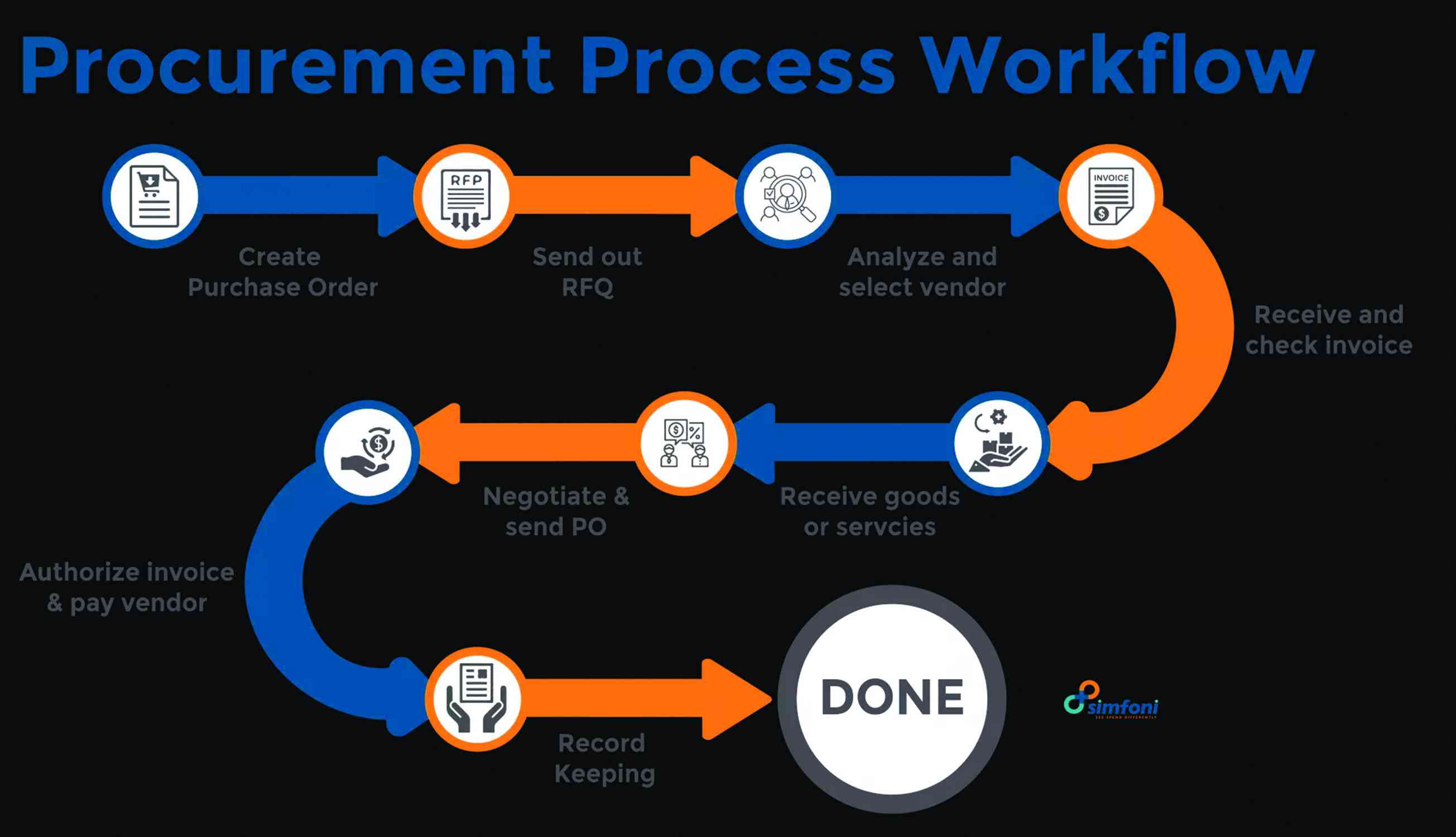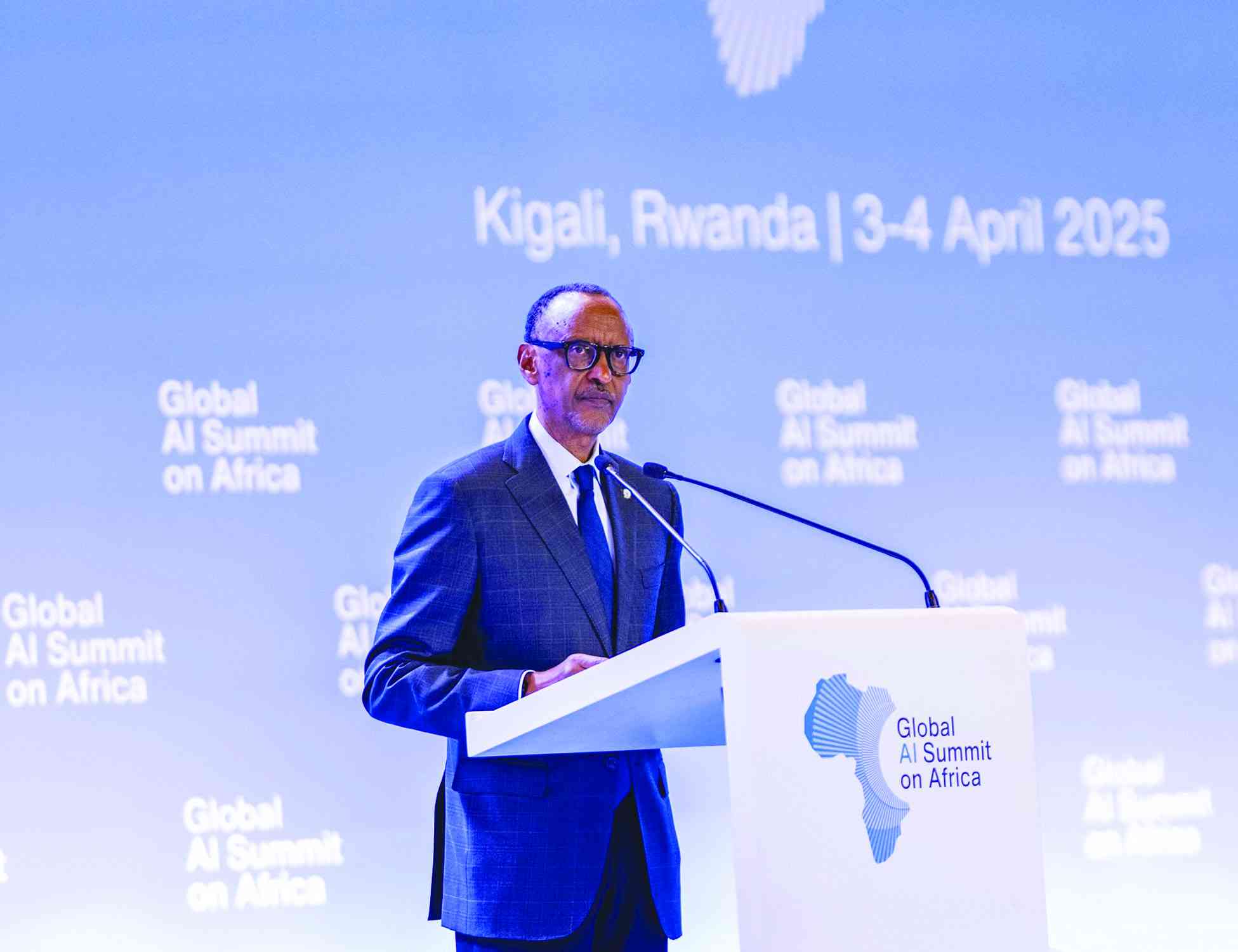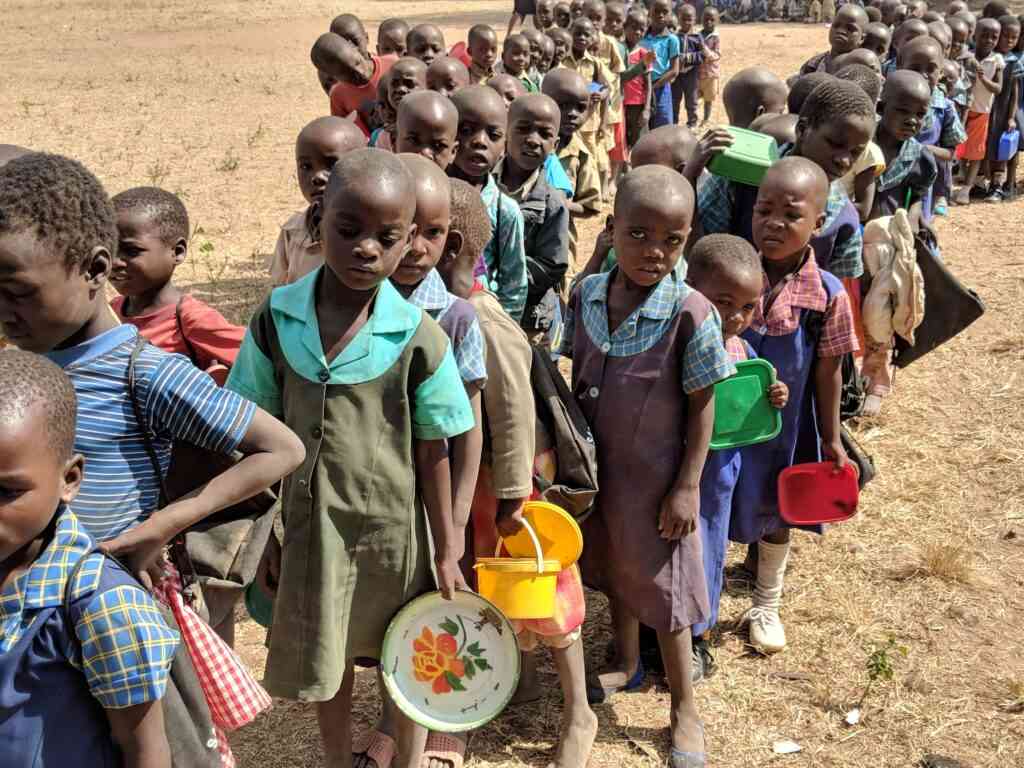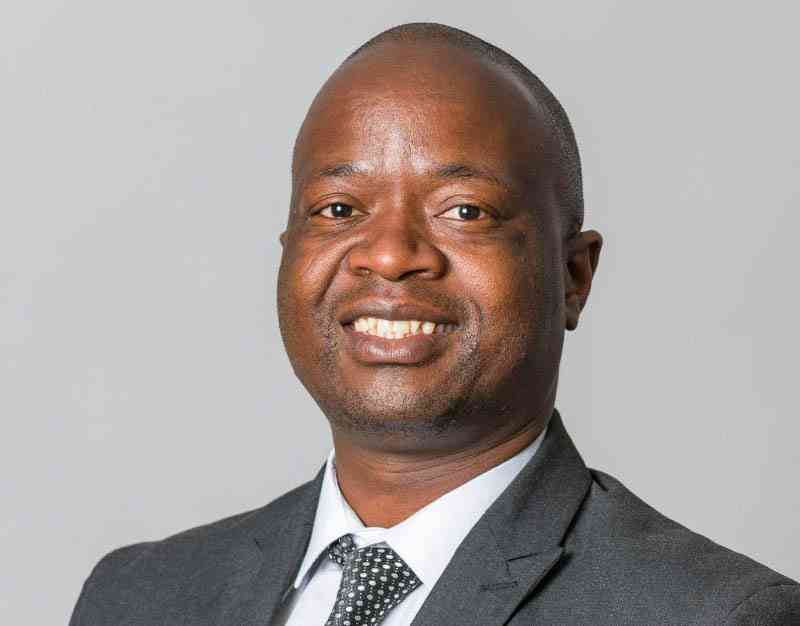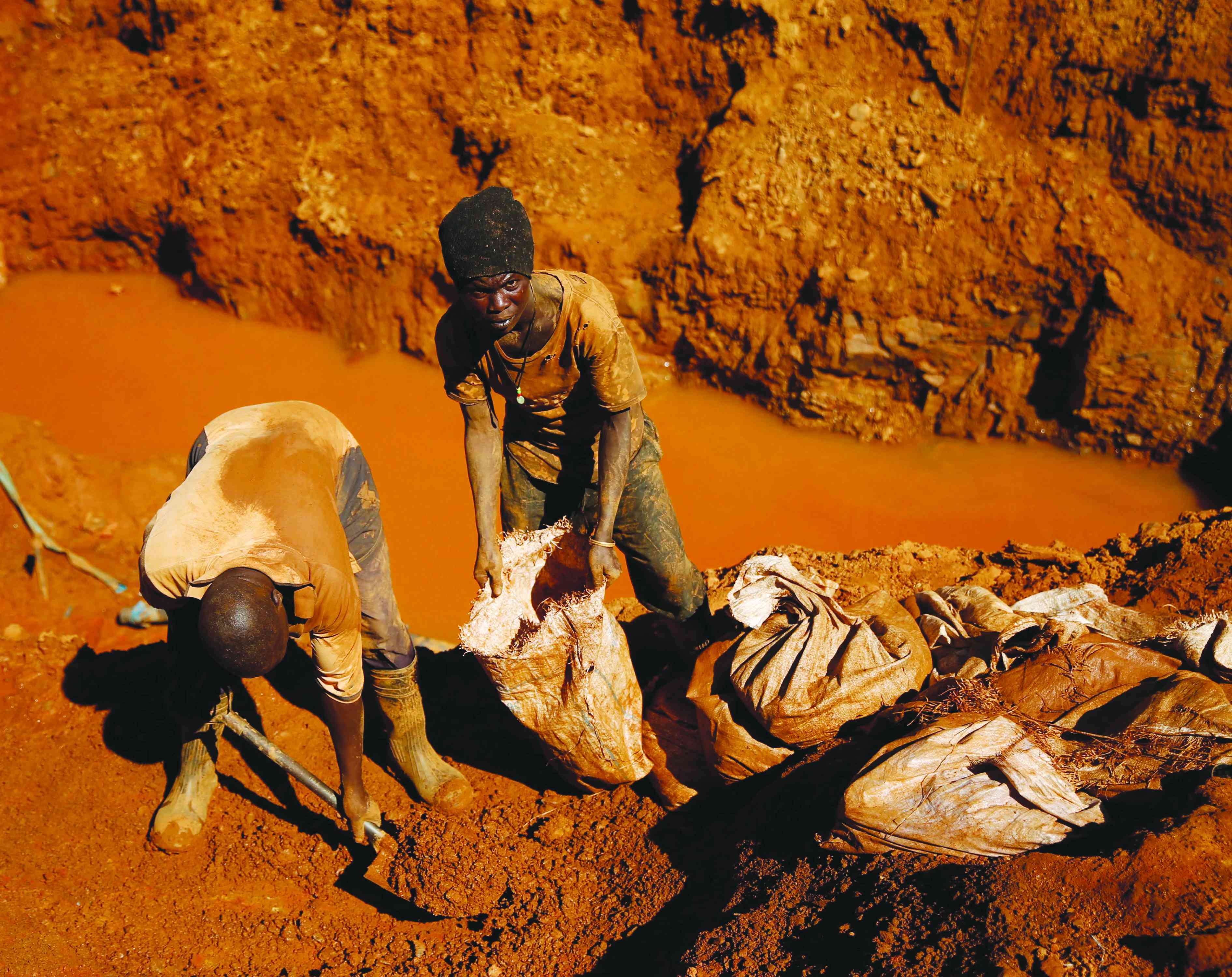
For too long, Zimbabwe, like many of our African brethren, has been trapped in a narrative of dependency. A narrative that dictates our fate is tied to the generosity of others. It is a narrative that stifles our potential and leaves our people languishing in poverty despite our abundant natural resources.
Why is it that Zimbabwe, a land teeming with mineral wealth, fertile soils, and a resilient people, struggles while nations with smaller land sizes thrive? How can these countries, with limited natural resources, afford to extend aid to us, the resource-rich giants of Africa? The answer is a stark indictment of a system rigged against us.
Over 50 African nations, rich with minerals, fertile lands, and vibrant cultures, collectively possess a GDP dwarfed by that of smaller European countries, nations often lacking our natural endowments. How is it that tiny landlocked nations can provide aid to us? How can they, with limited natural resources, achieve economic prosperity that eludes us?
The uncomfortable truth is that the system is rigged. We are playing a game with rules designed to keep us perpetually behind. We have allowed ourselves to be bound by a development model that prioritises external validation over internal strength.
We have become accustomed to viewing ourselves as recipients, not architects, of our own destiny. For too long, we have believed that our salvation lies in the hands of foreign donors. We have allowed ourselves to be treated as a charity case, our leaders acting as supplicants, begging for handouts while our people suffer.
Our newspapers are clustered with headlines of “megadeals” with the Chinese and the British, among others. When are we going to cultivate and celebrate megadeals by us, for us?
Our hospitals lack medicine, our schools crumble, clean water is a luxury, and decent housing a distant dream. Yet, the refrain remains the same: “We lack external support.”
We must decolonise our minds. We must break free from the illusion that outside actors including their foreign aid are the sole path to progress.
- Little hope for Zim, Africa
- HCC considers cancelling ZimPhos contract
- African leaders dying overseas expose cruel deception of independence
- Sadc must intervene on Zim crisis: SA
Keep Reading
We cannot continue to run our nation like a struggling non-profit, forever reliant on the whims of donors. Our leaders, like capable CEOs, must craft and execute a self-sustaining vision, not just plead for handouts.
Look around us. Our healthcare system crumbles. Our education system fails to equip our youths for the future. Clean water is a luxury for many. Decent housing is a distant dream. And yet, we are told the solution lies in more aid, more loans, more external intervention. This is a fallacy.
The true solution lies within us. We must begin by defining our own goals, goals that reflect the genuine needs of our people: food security, accessible healthcare, safe housing, quality education, and secure communities.
We must then ask, not “What can others give us?”, but “What can we achieve with the resources we already possess?”
We must not be fooled by those who measure our progress by some calculated budget surplus when we are starving? A budget surplus means the government taxed its citizens more money than it spent providing them much needed services.
We don’t eat a budget surplus, we don’t drive on a budget surplus, we don’t pay school fees on a budget surplus — we are definitely given a wrong matrix. Anybody boasting a national government surplus in a country such as ours, is like a father who uses half his salary to drink alcohol, then boasts that he has savings when his kids are homeless, starving and unclothed.
With our fertile lands, we can establish a robust national agricultural zone, staffed with our skilled farmers, equipped with modern machinery — not frivolous goat schemes — and driven by a clear mandate to feed our nation.
Instead of importing luxury vehicles for the elite, let us build state-of-the-art manufacturing hubs, creating jobs and producing essential goods for our people. Let us add value to our mineral resources, transforming raw materials into finished products, fueling our economy and creating wealth for our nation.
Aid-dependent healthcare
The precariousness of relying on external aid was starkly illustrated when USAid temporarily suspended funding. This led to a devastating shortage of essential medications, leaving HIV-positive patients without life-saving treatments. How can a continent with such a high HIV burden, and other chronic illnesses, remain perpetually dependent on donated medications? This incident exposed the fragility of our healthcare system and the urgent need for self sufficiency.
Regional pharmaceutical hub
With a change in mindset and unwavering political will, Zimbabwe, in collaboration with a few other Sadc nations, can establish a state-of-the-art pharmaceutical manufacturing hub. We possess the resources, the talent, and the determination to produce high-quality medications for our people and for the wider region.
This hub would not only guarantee access to essential drugs but also create jobs, stimulate economic growth, and reduce our reliance on foreign aid. We can become a continental leader in pharmaceutical production, ensuring that our people are never again left vulnerable due to the whims of external donors.
Colonial philosophies, aid terms
Furthermore, it is crucial to recognise that some forms of aid, particularly those with stringent conditions, perpetuate colonial philosophies. Terms set by some nations often prioritise the extraction of valuable assets, ensuring that resources flow from Africa to the so-called donors.
This creates a cycle where we are perpetually indebted, our wealth siphoned off under the guise of “development”. These aid agreements are often structured to require recipient nations to use donor country contractors, which in turn move wealth directly back to the donor country. This is not aid, it is modern-day colonialism.
Aid-funded education inadequacy
The education systems supported and funded by aid often fail to empower our youth to break free from these economic chains. These systems frequently replicate outdated curricula that do not equip our students with the skills needed to innovate and compete in a globalised world.
They prioritise rote learning over critical thinking and problem-solving, perpetuating a cycle of dependency and hindering our ability to develop homegrown solutions. By the way, we need to rethink our main language of instruction — there is no developed country in the world that solely uses a foreign language as a language of instruction.
Why are we doing this to ourselves?
New technology-driven paradigm
We must forge a new education paradigm, one that leverages technology to solve Africa’s unique challenges. Imagine every school equipped with Starlink internet and solar power, providing access to a world of knowledge and empowering students to leapfrog traditional development stages.
We must invest in technology hubs and skills development, equipping our youth with the tools they need to thrive in the 21st century. Let us foster innovation and entrepreneurship, creating a vibrant economy driven by our own ingenuity.
Our students must be taught to use technology to solve the problems that face our continent. How do we create better farming technology? How do we use technology to make clean water more accessible? How do we create better, cheaper medical devices? These are the questions our students must be taught to answer.
We have no option but to shift our focus from extraction to innovation, from dependency to self-reliance. We must believe, truly believe, that Zimbabwe can thrive without external aid. This journey begins with a clear, self-defined roadmap, crafted by us, for us.
We are not victims. We are the change-makers we have been waiting for. We have been taught a certain way, but if that way is not working, we must wake up, rise up, and decolonise our minds.
Let the echoes of our ancestors, the builders of Great Zimbabwe, resonate within us. Let the spirit of resilience that carried us through our liberation struggle ignite our determination. We are a nation of immense potential.
We are a people of unwavering strength. Let us reclaim our narrative, redefine our destiny, and build a Zimbabwe that shines brightly, not as a recipient of aid, but as a beacon of self-determined prosperity. Let us, at last, truly own our future.
- Nota is an economist, public health expert, compliance and ethics professional as well as an author. He is the founder of Navala Global, LLC and Nota Consulting Group. He previously served in academic and policy roles in the United States.

